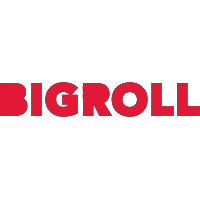
BigRoll Shipping
Dutch shipping company BigRoll Shipping is the innovative provider of long-distance marine transportation solutions. Headquartered in the Netherlands, BigRoll Shipping provides dedicated transportation services to the major onshore LNG projects, as well as offshore transportation services, utilizing the vessels’ dynamic position capabilities.